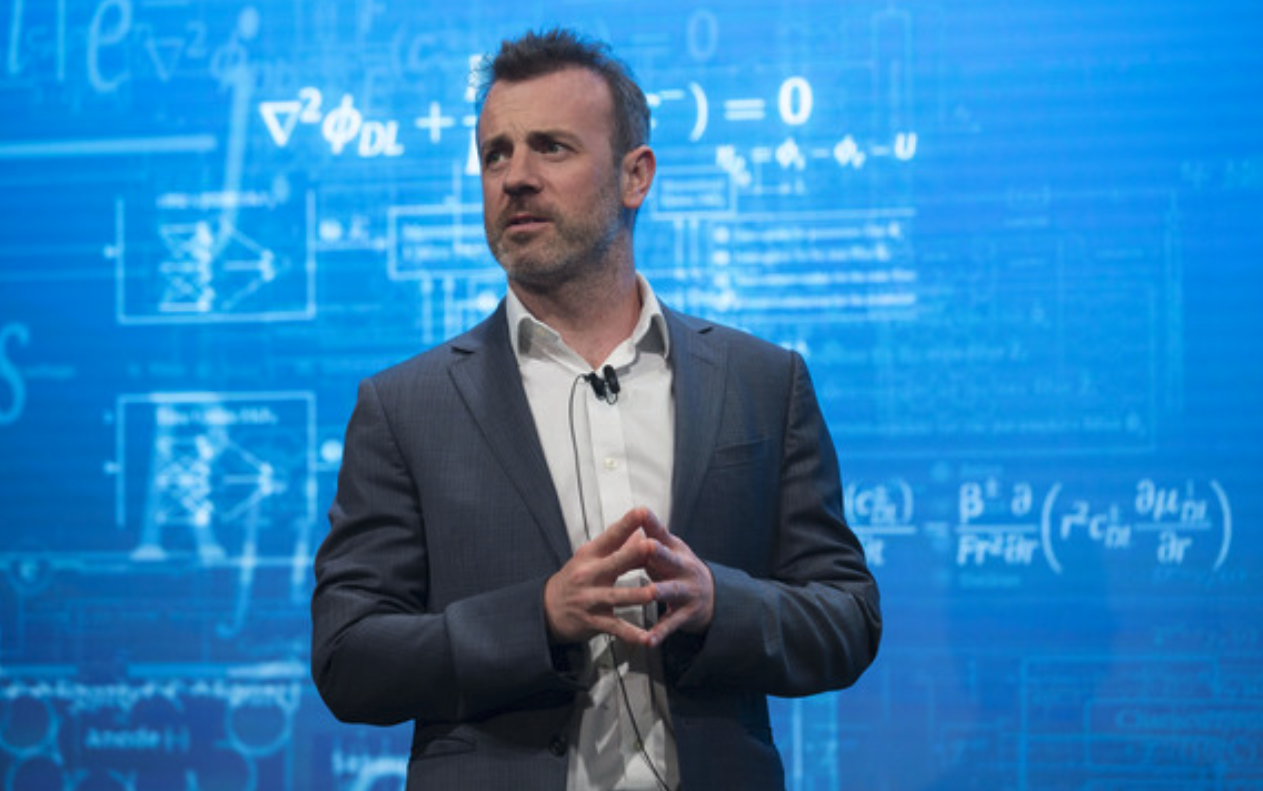For most of the last decade, fintech has been the undisputed champion of European tech. It’s attracted the most capital of any sector, and 37% of Europe’s unicorns are in fintech, including household names like Klarna and Revolut — more than any other sector.
But the downturn in tech funding globally seems to have forced a reshuffle of investor priorities. According to Dealroom data, funding for fintech was overtaken by both climate tech and deeptech in the first quarter of this year. While 2021 and 2022 saw a deluge of fintech deals, the press releases have slowed to a trickle.
Of course, we have to take the data with a big grain of salt. Caveats about reporting lags and the generally not-great state of private markets data apply. But it is an indication of direction of travel.
And don’t worry; the deeptech figures aren’t inflated by a lot of hype-y generative AI deals. Germany’s Isar Aerospace clinched the world’s largest spacetech deal this year in March. And Singapore’s Temasek led a €100m round in quantum company PASQAL in January.
The world has slightly lost faith in the ability of VCs to back anything that a) has a sustainable business model or b) really has the ability to change the world — just look at the hubris that fuelled dumpsterfire deals like FTX or Quibi.
But quantum computing and autonomous vehicles (like those served by Oxbotica, which bagged a $140m round in January) seem less frivolous. It’s unlikely that fintech will help solve wealth inequality — despite claims of increasing inclusion — but deeptech and climate tech have the chance to, say, stop the planet from catching on fire.
Part of the strength of both of climate and deeptech in the face of a downturn in global startup investing simply has to do with the fact that many subsectors — such as quantum — are maturing. That’s bringing cash in. Biological work is getting easier to do outside of labs in big universities or corporations. A lot of climate tech — like solar and wind — already exists, it just needs building at scale (hence the rise of infrastructure startups).
It’s enough to give even a hardened tech journalist a bit of hope.
But it’s also an opportunity for Europe to find a new brand for its tech scene: one as a climate and deeptech hub. There are, of course, very significant hurdles to that happening. But I’ve always thought that Europe’s USP should be in promoting tech that is trying to make the world a less broken place, rather than simply a more convenient one.
The chance is now — will founders, investors and policymakers take it?



